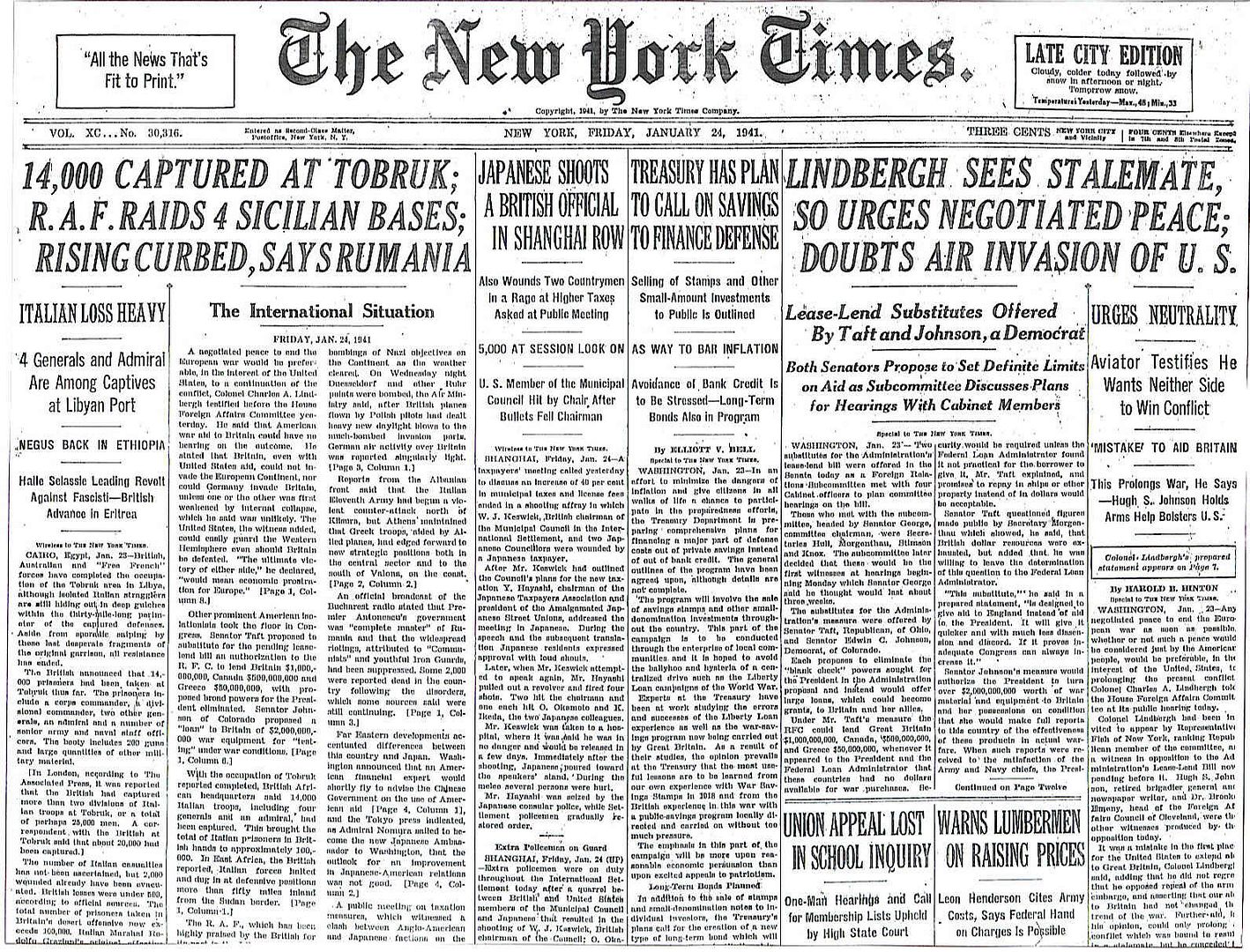
Posted on 01/24/2011 4:36:42 AM PST by Homer_J_Simpson

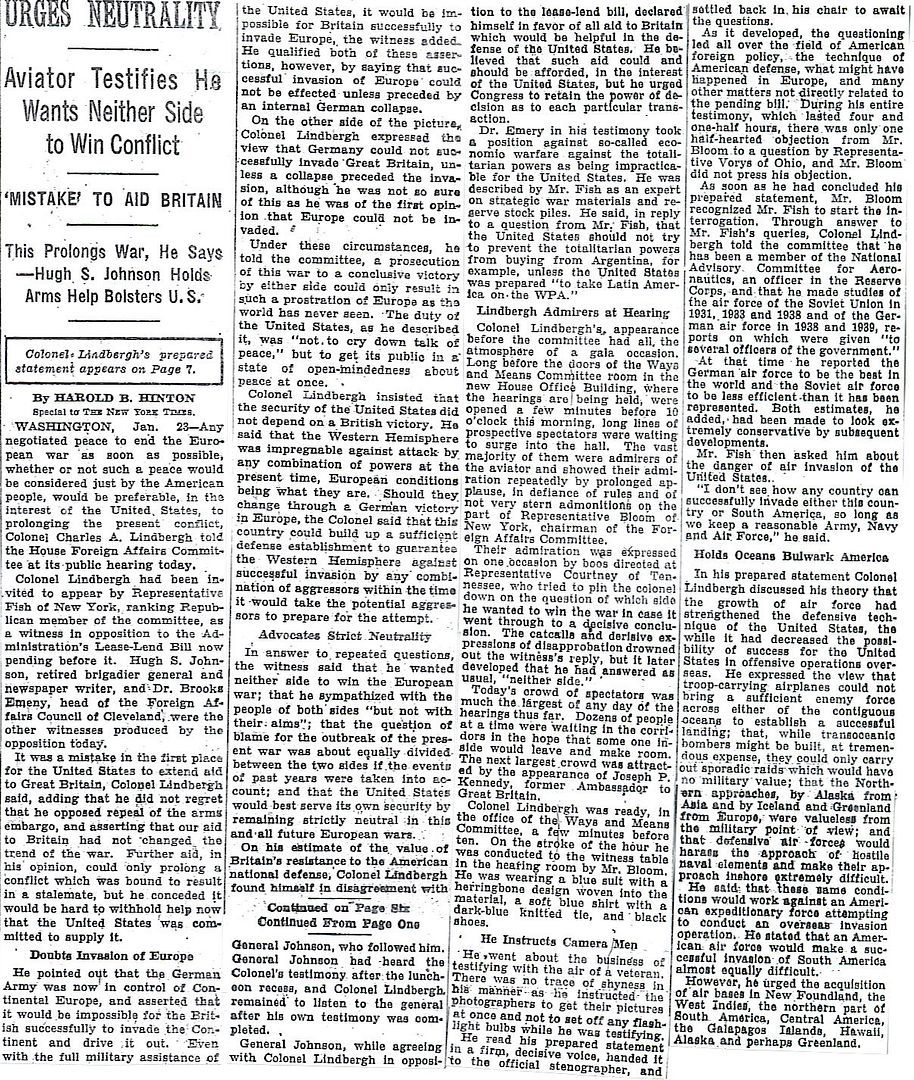
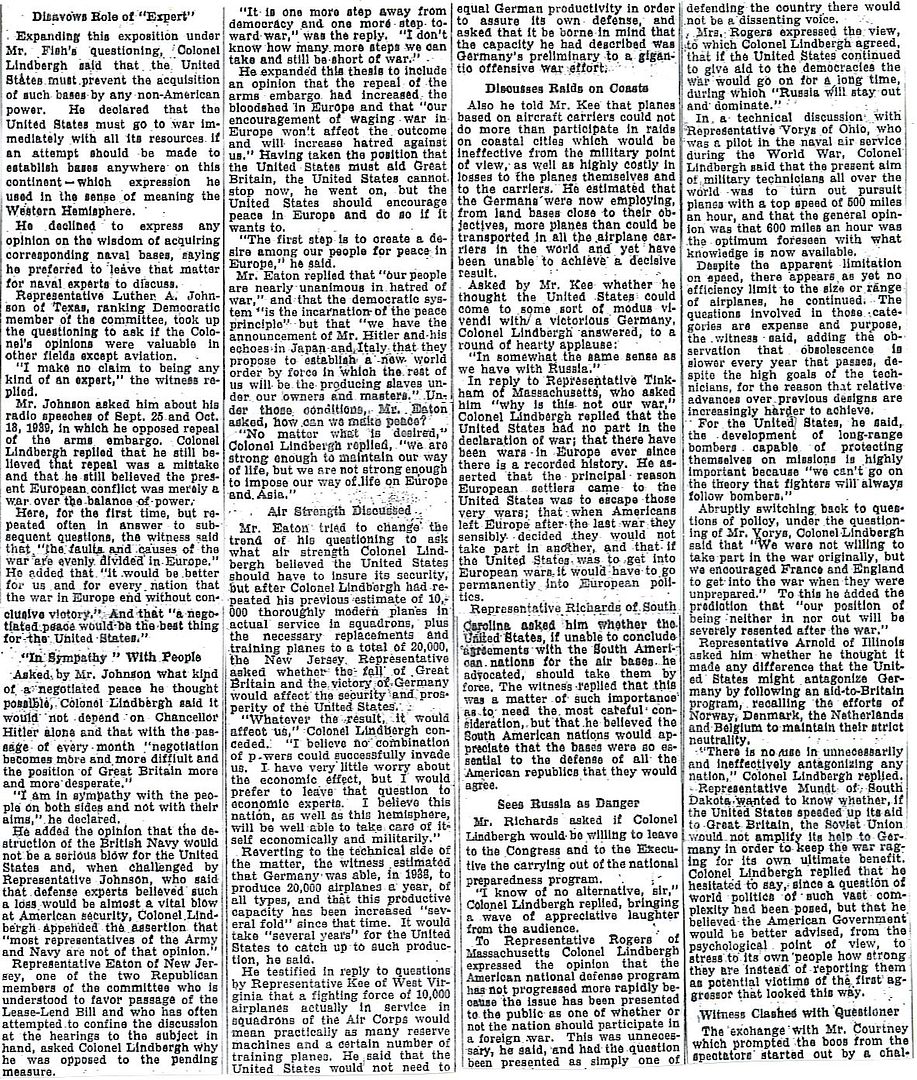
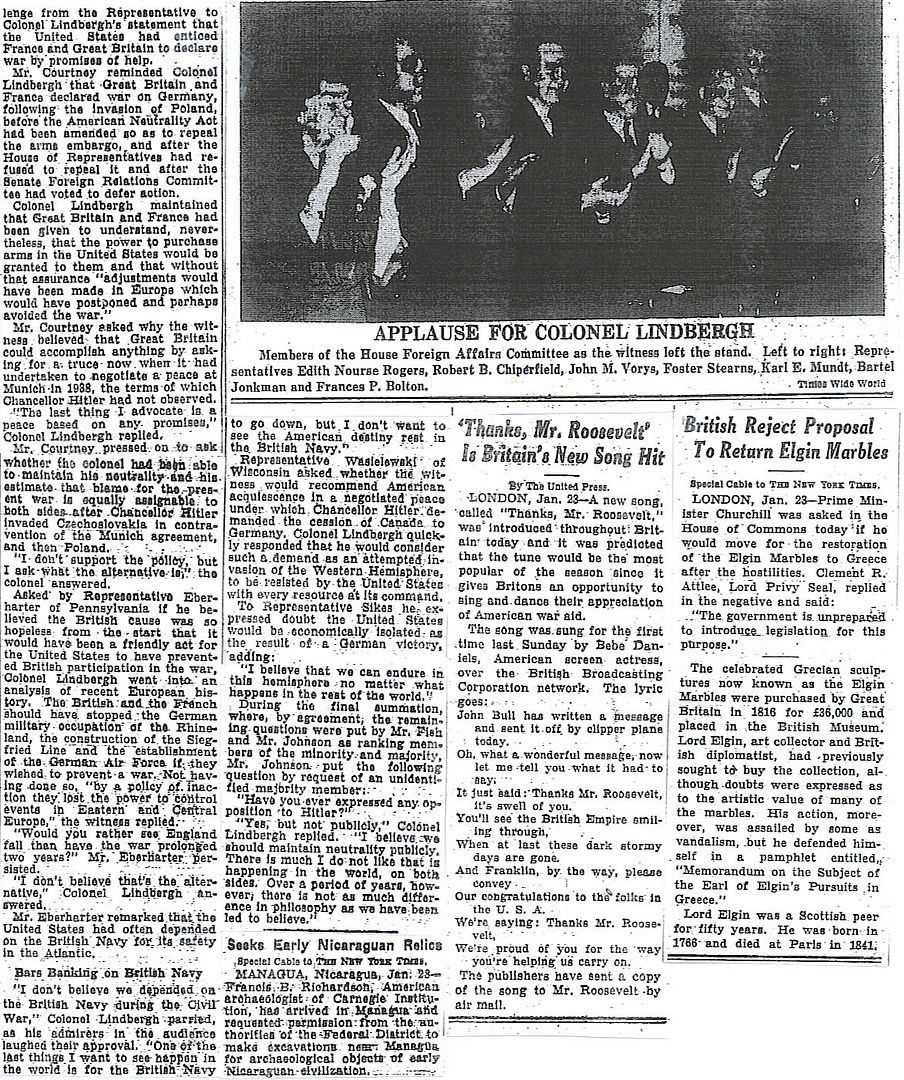
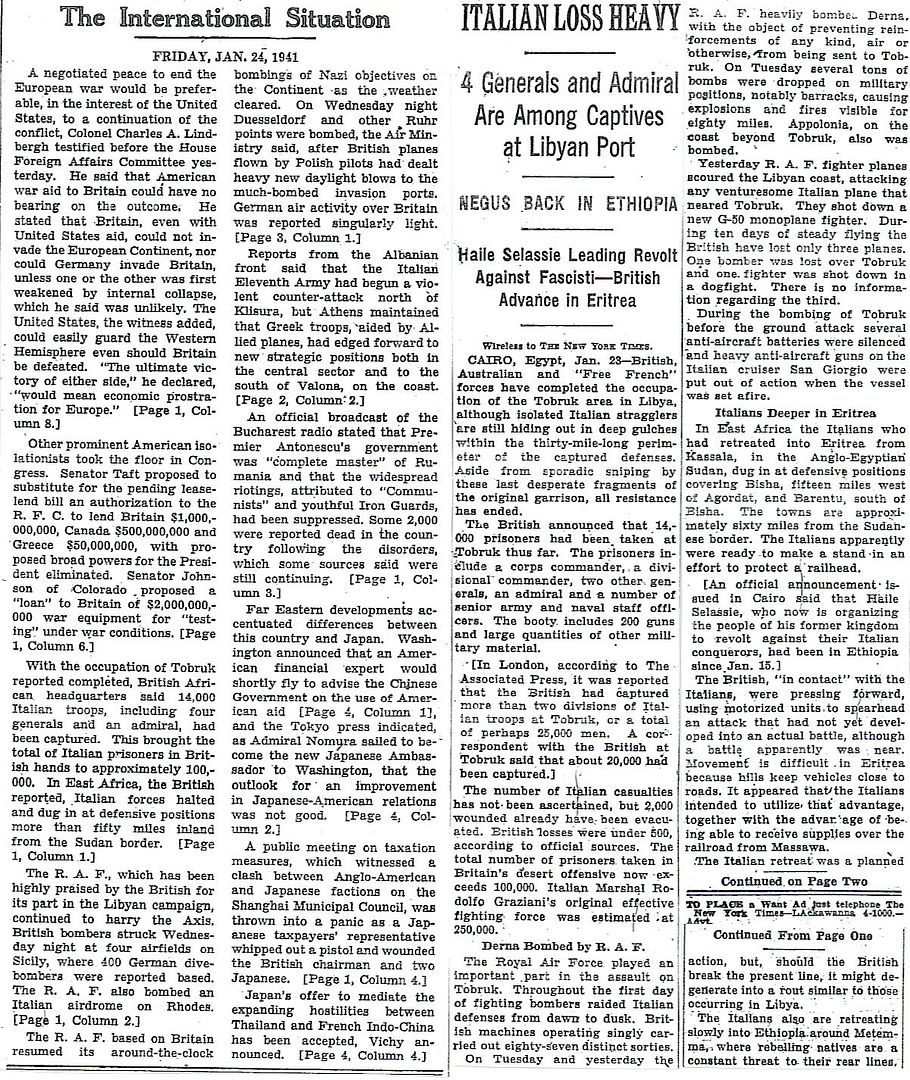
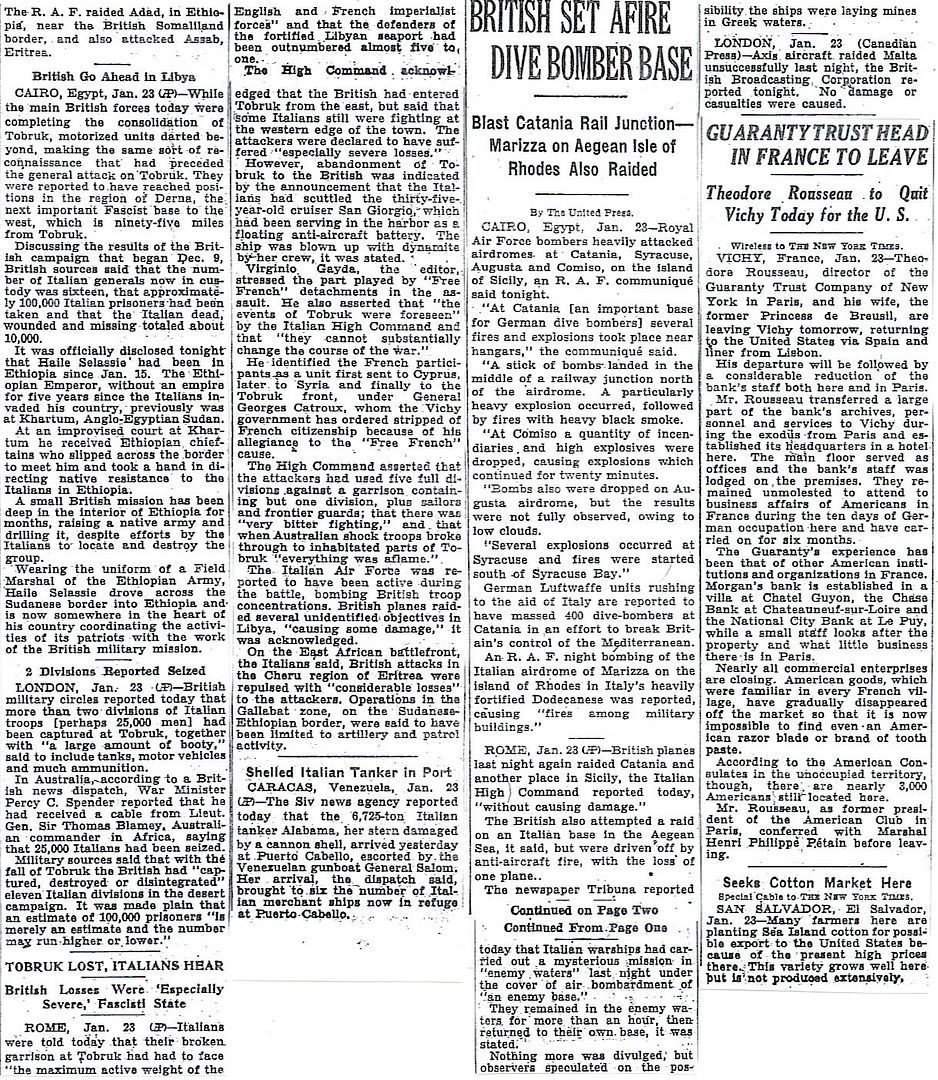
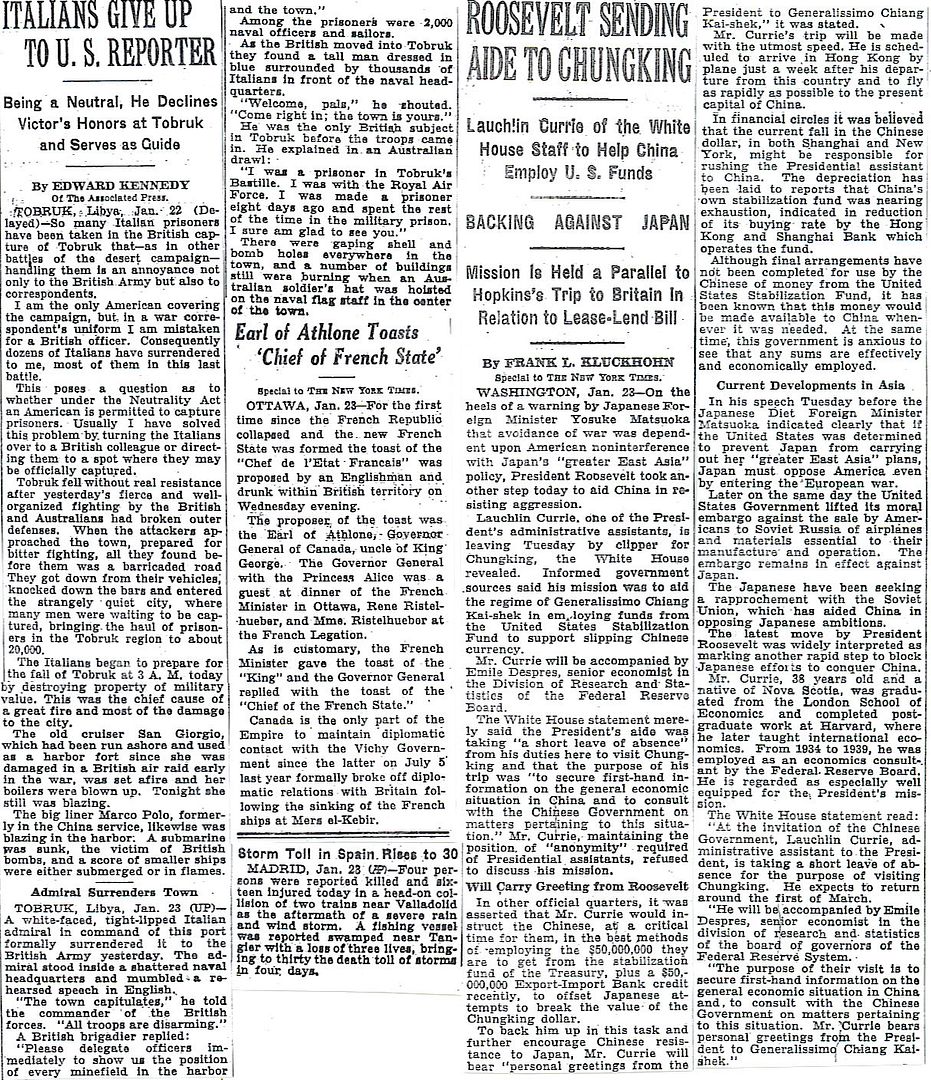
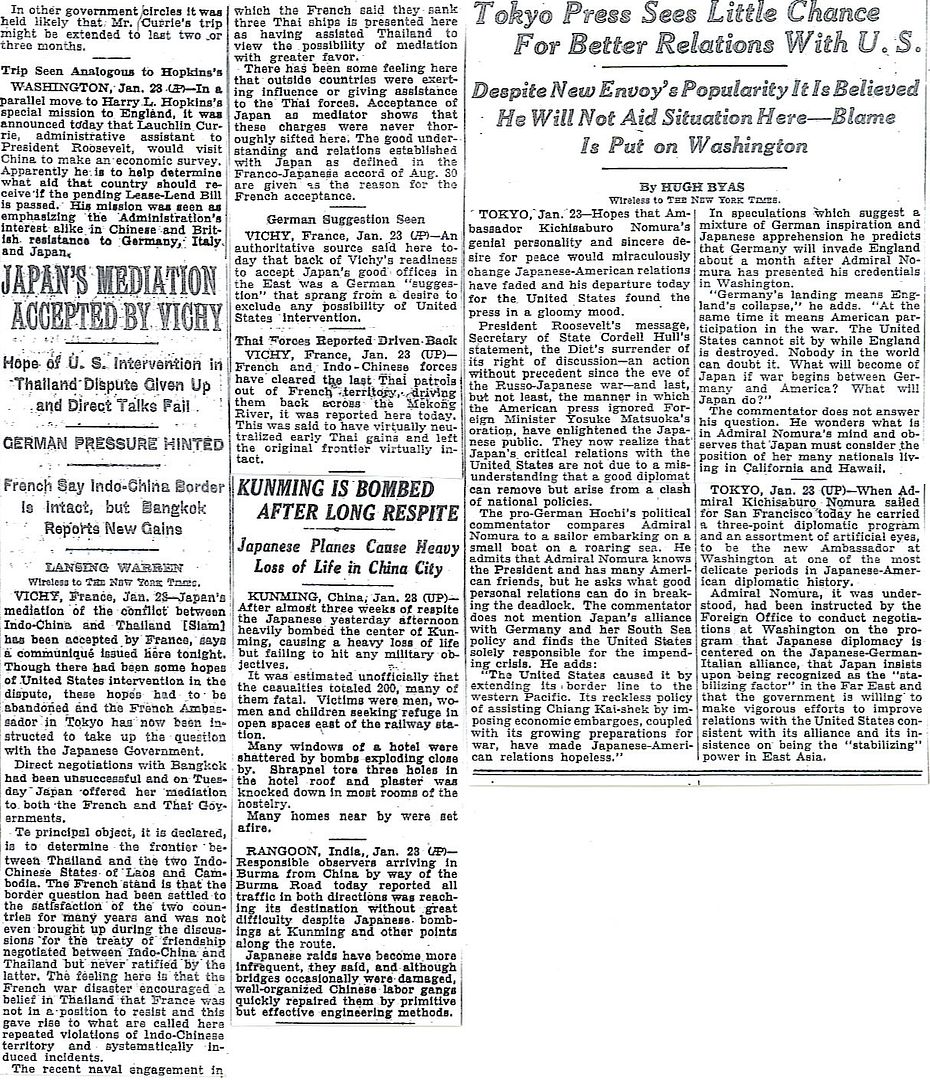
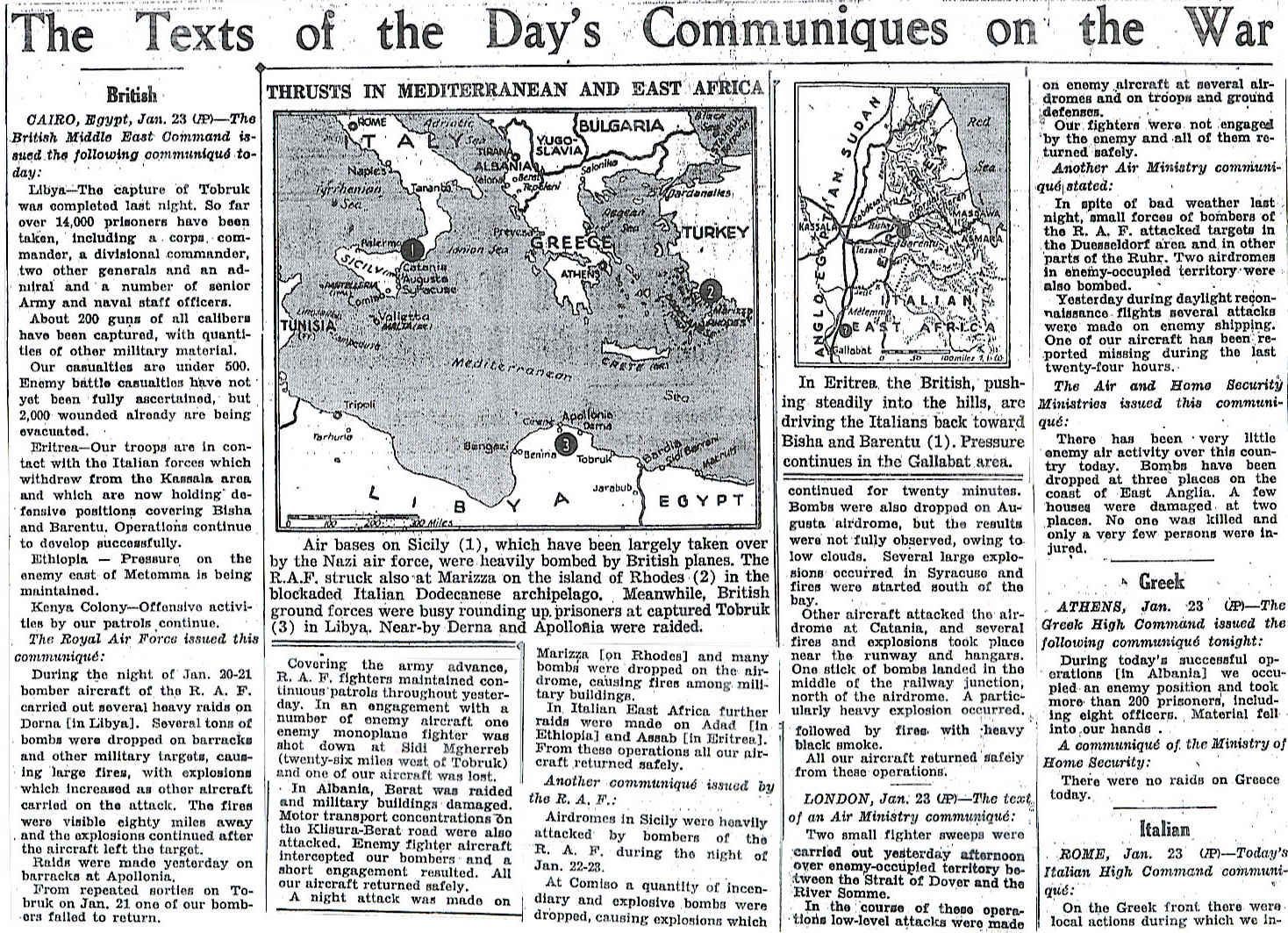
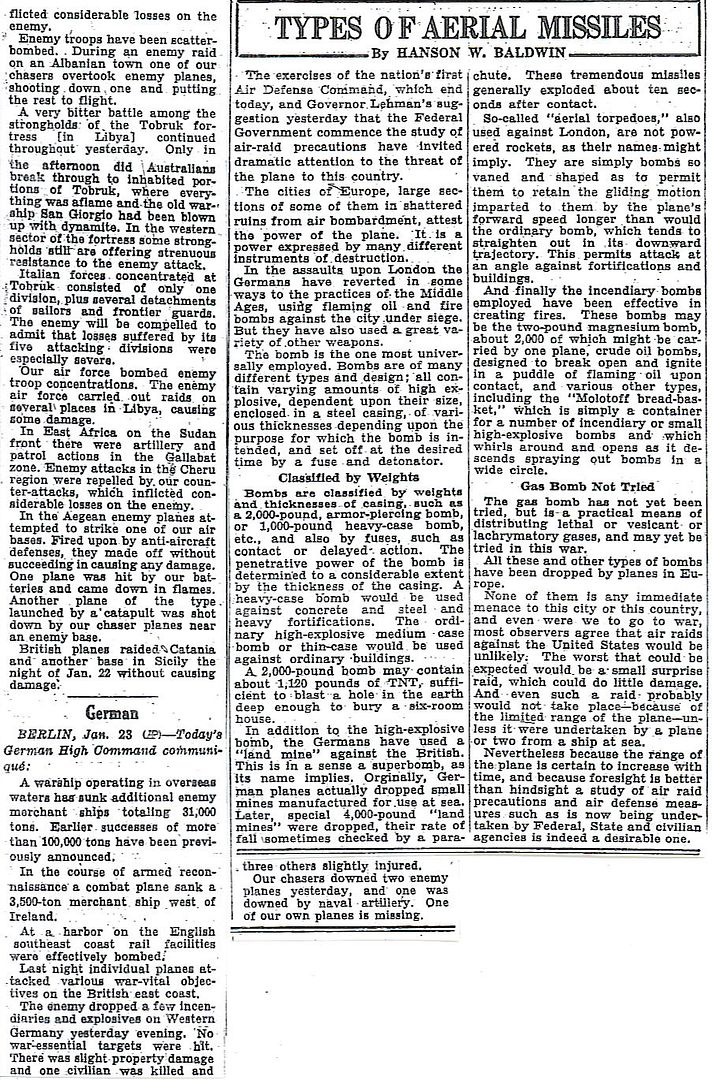
If this was “helping” the Jewish refugees, I’d hate to see what he’d do to hurt them.
You are forgetting that the US State Department was also actively covering for the Nazis in regards to murdering Jews. The US public didn’t know the truth tahnks to Hull’s antisemitism. MY godfather Joihn Asch leaked the truth about round up of Jews in France and was essentially threatened with death. He was told to leave France by the State Department, and despite working for the State Department, he was warned that if he tried anything like that again, he would be let go on the street without his papers.
Following the same logical process...
Patton believed that if the Germans were to mount a counter-attack after the breakout it would once again come through the Ardennes. He stated on November 24th in his diary that “the First Army is making a terrible mistake in leaving VIII Corps static, as it is highly probable that the Germans are building up east of them [in the Ardennes].”
Therefore, Patton knew that the Germans were going to counter-attack at that location and intentionally let it happen so that he could showcase the speed of the Third Army in response.
That makes Patton responsible for all those Americans killed and captured during the Ardennes Offensive, right?
The problem with conspiratorial thinking is that it uses hindsight a tries to project it as if it were foresight.
Wow...now that is an absolutely GREAT analogy. I must admit I’m just a bit jealous that I didn’t think of it first!
Here’s yet another:
Stalin was warned again and again that the Germans would invade the USSR; in fact, he KNEW they would attack at 3:30 a.m. on the morning of June 22, 1941, since such information came from agents in the German high command, penetration of foreign ministries of other countries, and German deserters themselves. However, he deliberately ordered his Western Armies to stand down and be destroyed on the frontier. That way, he could get rid of his obsolete equipment by having the Germans destroy it in battle, lure the Wehrmacht deep into the Soviet Union and destroy it there instead of on the frontier. His deliberate plan to “act surprised” only cost the USSR millions and millions of war dead and the destruction of the physical infrastructure of about half of his country. But, hey, it was all part of his well-thought out plan, cause he got what he wanted, domination of Eastern Europe, right? You know, “a single death is a tragedy; a million deaths is a statistic.” That just proves it right there.
You all really need to read Homer's post #6 above more carefully.
It is an absolute "smoking gun" proving beyond reasonable doubt that the US government, at its highest levels believed an attack on Pearl Harbor was "easily possible".
Not that they knew it was coming, of course, but rather that it "easily" could.
And note especially, there is no mention of the Philippines or anywhere else -- in January, Pearl Harbor was the focus of their concerns.
Question: so what, exactly, happened between January and December 1941 to take their eyes off the ball (Pearl Harbor) and shift their attentions to "somewhere else" in the vast Pacific Ocean?
Answer: nothing particular that I know of.
Not Patton! Patton was in no way bashful, shy or reluctant to express his opinions to the "higher-ups".
If he seriously believed there was a danger, he would have said so -- to someone responsible.
Whether that "someone" was Bradley or Eisenhower, we can't know, but it had to be someone responsible.
And, if I remember correctly, Eisenhower was getting other intelligence regarding Germans near the Ardennes.
So the ultimate responsibility is strictly Eisenhower's, and the appropriate question is: did Eisenhower
Of course, I don't know the answer for sure, but suspect it's somewhere between B & C above.
BTW, did you know this little tidbit? Did you know that Gen. Short CHANGED the alert codes in the summer of 1941, where in 3 was highest (but previously was lowest) and 1 was lowest (but used to be highest). So when he reported to Washington that he was at level 1 alert, he was really at the lowest level---only no one knew it because he failed to notify Washington. (I could have my ones and threes backwards, but whatever, he switched them and didn't tell anyone).
And Layton and everyone else in Naval Intelligence were looking at the Philippines. You might want to read something---ANYTHING---by Commander Phil Jacobsen, who is the leading authority on Japanese radio traffic and decrypts.
See what happens when we apply your methodology to something else besides Pearl Harbor? Even you dispute it. I must say that I find that amusing.
Remember, for Homer's sake, we are still just in January of 1941, and the full horrors of the Holocaust have not yet revealed themselves.
So however anti-Semitic Secretary Hull was, he was not yet covering up atrocities on the scale they will soon become.
Also, all of my arguments on this subject come out of a highly complimentary book by Robert Rosen: "Saving the Jews -- Franklin D Roosevelt and the Holocaust".
Rosen makes the case, as well as anyone could, that Roosevelt did everything possible, and much more than most people know about, to help Jews during the Holocaust.
He basically justifies FDR's perceived shortcomings on grounds that
I think Rosen makes a good case, and recommend his book to anyone interested in the question.
Unlike with Roosevelt and Pearl Harbor, there's no real doubt that Stalin was told many times of the coming German attack, and chose to ignore all warnings.
The question then is: why?
Yes, there is a logical explanation, and it goes along these lines:
So Stalin disregarded and squashed all the reports saying invasion was imminent.
That I think is the consensus opinion of scholars.
No one I know of says the same things about Roosevelt and Pearl Harbor.
I am currently practicing shifting between the looks of “thoughtful” and “bemused”. I still have that pipe I used to smoke so it looks right. (Only now I use the pipe for blowing bubbles)
University of North Texas by the way.
Why won't you read Homer's post #6 above?
It says in plain English, an attack on Pearl Harbor (not the Philippines or anywhere else, Pearl Harbor) is believed to be "easily possible".
My only question is: how does "easily possible" suddenly turn into "it can't happen here" over then next 10 months?
Oooooops, sorry, I meant to say post #3 above, from "At Dawn we Slept">
You're missing my point.
The quote from Knox is not a "smoking gun" proving that top brass knew an attack on Pearl Harbor was imminent.
It is a "smoking gun" proving that top brass believed an attack on Pearl Harbor was "easily possible."
My question is: how did this sense of the "easily possible" attack somehow fritter away between January and December, 1941?
There are other interchanges concerning the Philippines and the Asiatic Fleet and none of them are optimistic.
Now who said, "it can't happen here", I don't remember that quote.
I'm pretty sure that every History Channel Pearl Harbor program I've ever seen quotes sailors & soldiers saying they believed "it can't happen here."
Otherwise, what sense does it make that "At Dawn We Slept"?
You wouldn't be sleeping if you seriously believed an attack was "easily possible", would you?
The problem is, is you are missing everyone else’s point. I gave an analogy, you totally missed it and in doing so made my point clearly for everyone else. Which is why I got such a kick out of your answer.
Richardson felt that it was "quite likely" that the Japanese could have made the same attack on Puget Sound. Did that make an attack there "imminent" as well?
Disclaimer: Opinions posted on Free Republic are those of the individual posters and do not necessarily represent the opinion of Free Republic or its management. All materials posted herein are protected by copyright law and the exemption for fair use of copyrighted works.